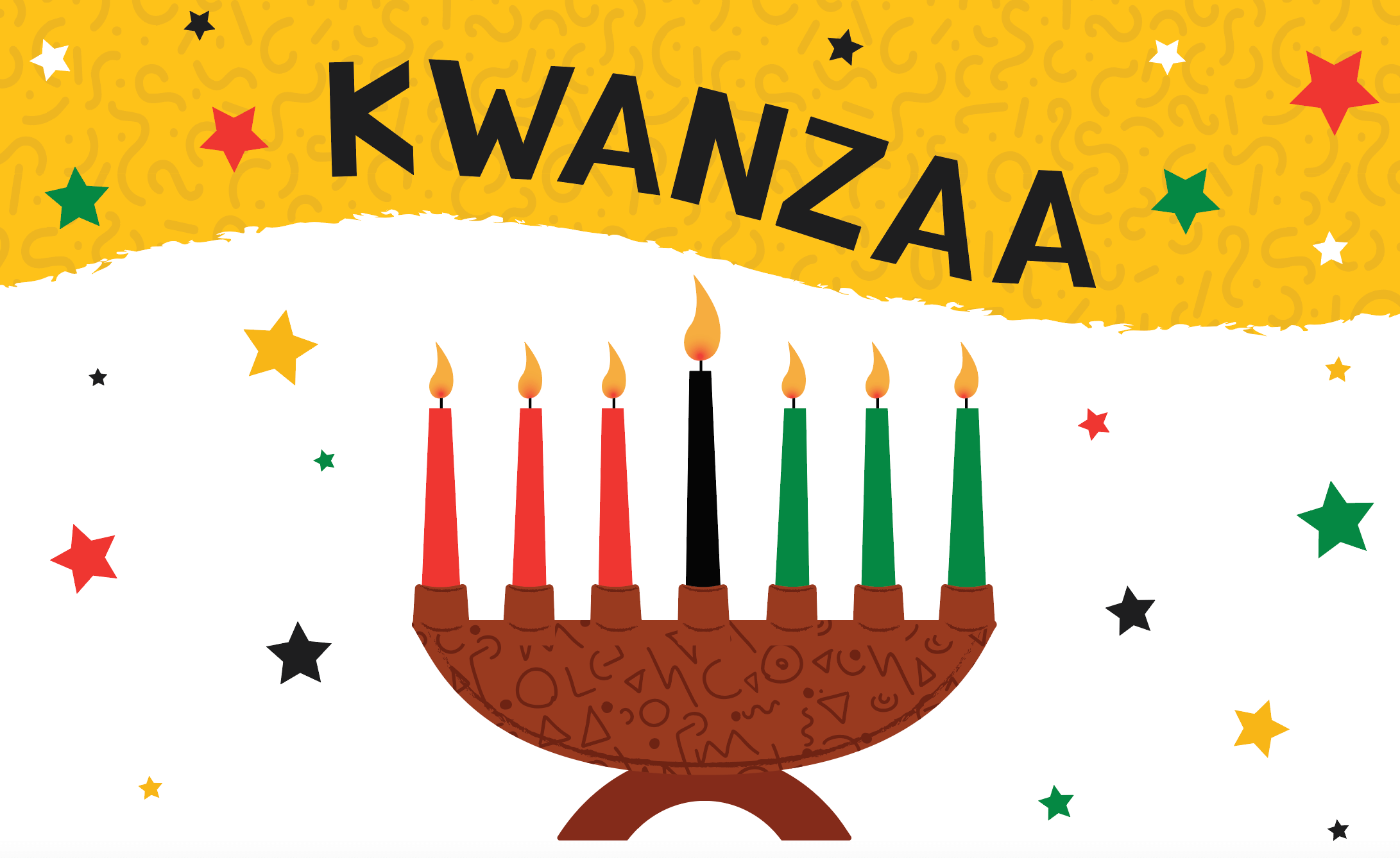Kwanzaa is part of the holiday season and celebrates black culture. Some people see it as an alternative to Christmas whilst others as just another reason to get together and indulge in community activities. But what are the roots of the Kwanzaa holiday and what happens during the week-long festival? Find out in this article.
How Did Kwanzaa Start?
Dr. Maulana Karenga is a black nationalist who went on to become a college professor in California in the USA. Dr. Karenga said that he wanted to “give blacks an alternative to the existing holiday of Christmas and give blacks an opportunity to celebrate themselves and their history, rather than simply imitate the practice of the dominant society" in America.
His idea was to create Kwanzaa to unite and empower the African American community in the wake of civil unrest in the country. He took his inspiration from traditional African harvest festivals, and used the Swahili phrase “matunda ya kwanza,” meaning “first fruits” to come up with the name “Kwanzaa.”
The additional ‘a’ in the name plays into the symbolism of seven for the festival. Seven letters, seven days (between 26th December and 1st January), and there were seven children at the first-ever Kwanzaa celebration, which took place in 1966. There are many other instances of seven that crop up around the festival too.
From its beginnings in America it quickly spread around the world and is now celebrated in many countries as part of the festive period.
Seven Pillars of Kwanzaa
During the seven days of the Kwanzaa holiday, families light a new candle in the Kinara. Each day during the week is dedicated to a different one of the seven pillars of Kwanzaa. They are:
- Umoja (Unity): Seeking unity in the family and community.
- Kujichagulia (Self-determination): The ability to name and speak for ourselves as a community
- Ujima (Collective work and responsibility): To build, maintain and support our community together
- Ujamaa (Cooperative economics): To build and maintain our own businesses and to share profits
- Nia (Purpose): Dedicating ourselves to developing the community and increasing its influence
- Kuumba (Creativity): To do what we can to leave our community more beautiful and beneficial than we inherited it.
- Imani (Faith): To believe with all our hearts in our people, our parents, our teachers, our leaders, and the righteousness and victory of our struggle.
How to Celebrate Kwanzaa
Presents
Kwanzaa is a gift-giving holiday, but they have to have real meaning. There is a purpose to the presents. It is not just another excuse for rampant commercialism. Many use the opportunity to buy from black-owned businesses and support the community in that way.
Honouring heritage
The Kwanzaa holiday is a secular one so there are no church-specific requirements if you celebrate. Instead, the idea is to honour black heritage and our ancestors and thank them for what they gave to us.
Decorations
All the best celebrations involve decorating the house and going all out. Kwanzaa is no different. The Kinara is a centrepiece for the event, as are the woven mats, the unity cup and the ears of corn and fruit. These are the reminders that it takes many of its cues from African harvest festivals.
People hang the official flag, the Bendera Ya Taifa, and generally create wonderful displays in green, red and black.
Kwanzaa Food
In-keeping with the green, red and black theme, many of the foods of the Kwanzaa holiday come in that colour. People will eat black-eyed peas and collard greens, representing good luck and fortune respectively. There are also candied yams, jollof rice, fried plantain, jerk chicken and cornbread amongst many other food traditions.
Representation
One of the big aims of the Kwanzaa holiday is to increase representation of people with African heritage. To celebrate our ancestors and look to move forwards as a community with more of a say in the societies in which we live.
Representation is also one of my passions and that is why I design clothes and accessories using diverse characters. I want black, brown and mixed race children to feel seen, to be represented and to feel empowered. By seeing people who look like them on products, they understand their worth and that they can aim high.
Let me know how you are celebrating Kwanzaa by contacting me today.

